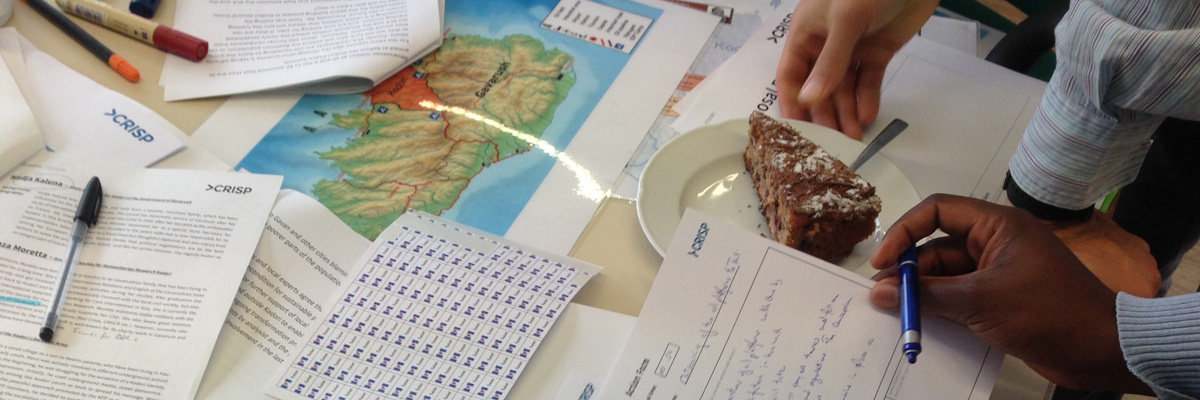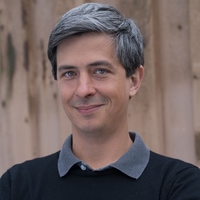Target Group
The course consisted of 12 young professionals from all over the world. The simulation game “Kodori” gave the participants the safe space needed to try out negotiations themselves and gave them further insights on how to deal with different actors from track 1 and 2 and how to convince them to engage in a peacebuilding process.
Project Goals
In the framework of our module, we implement a simulation aimed at familiarizing the participants with possible situations and environments of their future employment. Over the course of the conflict simulation, the participants have a chance to apply the knowledge and the tools that they previously have learned in and outside of the course. In the safe environment of the “conflict simulation” they experience the concrete challenges, when it comes to actually applying those tools. By this we raise self-awareness about their individual learning process and help them to identify the personal and technical aspects they would to develop further. The simulation helps the participants to understand conflict issues and dynamics and discuss possible (re-)actions. However, it goes beyond this, as the participants have to make decisions by themselves and experience the effect of decisions by others. Consequently, the simulation offers the possibility to reflect upon the own behavior and role in conflict environments. For this reason, the evaluation first focuses on the personal level. Afterwards, the participants review the processes during the simulation, analyze the dynamics and draw conclusion on conflict transformation in general. We encourage the participants to use the tools they have previously learned. To encourage this, the participants are provided with best-practice examples and worst-case scenarios. The simulation does not only improve the subject knowledge, it does also foster social competencies, communication skills, conflict management abilities, negotiation skills, willingness for compromises and empathy.



